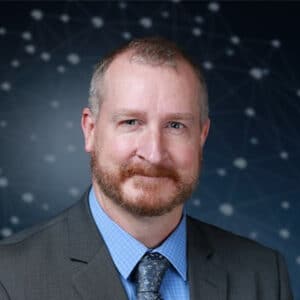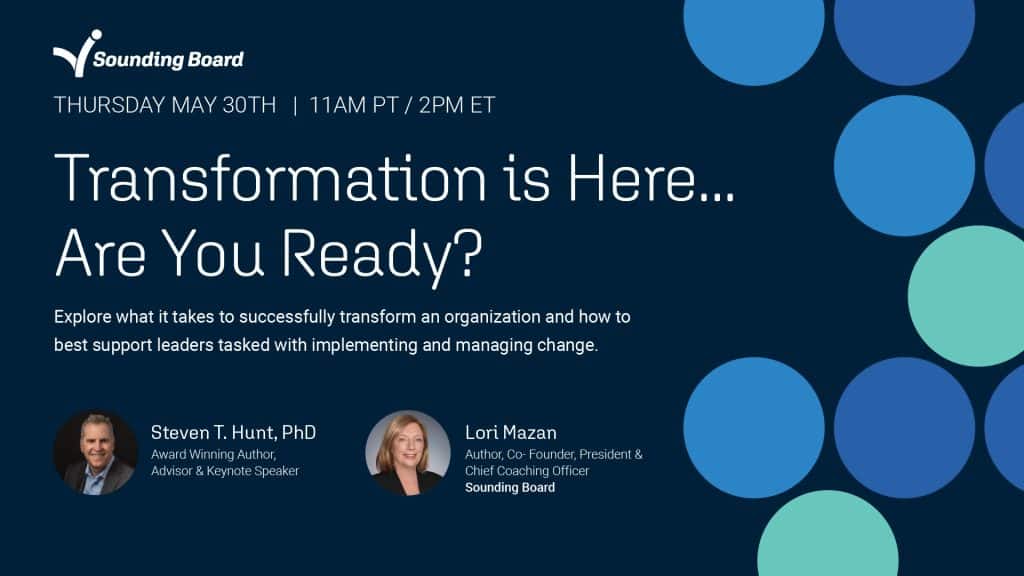During this event, you will learn how:
- Teams shape feelings, beliefs, and behaviors
- In-groups and out-groups affect team dynamics
- Implicit biases affect team performance
- To identify and manage toxic team members
- To ask for help and drive collaboration
- To build better, more effective teams
Understanding the neuroscience of teams can help organizations overcome the challenges of increasing team performance, building more effective teams, and improving team performance. This webinar will explore the dynamics of effective teams from a social neuroscience perspective with a focus on motivation, cooperation, and decision making.
Presenters

Heidi Grant, PhD
Director of Research & Development in Learning, EY
Heidi Grant is a social cognitive psychologist specializing in the study of leadership, motivation, and performance. Heidi received her PhD from Columbia University and is the director of research and development in Americas Learning at EY and the associate director of the Motivation Science Center at Columbia University. She has authored five bestselling booksincluding Reinforcements and No One Understands You and What to Do About It. She regularly contributes to the Harvard Business Review, HuffPost, Forbes, 99U, Fast Company, and Psychology Today. Heidi has been recognized among Thinkers50’s global list of management thinkers to know.

Jay Van Bavel, PhD
Social Neuroscientist, Professor, Author, New York University
Jay Van Bavel is a social neuroscientist at New York University and the author of The Power of Us: Harnessing Our Shared Identities to Improve Performance, Increase Cooperation, and Promote Social Harmony. Jay completed his PhD at the University of Toronto before joining NYU as an associate professor of psychology and neural science. He has published more than 100 academic papers and won several awards for his research on how collective concerns—group identities, moral values, and political beliefs—shape the brain and behavior. Jay writes a mentoring column for Science and has written about his research for the public in the Harvard Business Review, New York Times, Wall Street Journal, BBC, and Scientific American, as well as held notable appearances in the media (NBC News, WNYC, Bloomberg News, and NPR).

Tessa West, PhD
Associate Professor of Psychology, New York University
Tessa West is an associate professor of psychology at New York University. She received her PhD from the University of Connecticut in 2008. Tessa is a leading expert on interpersonal interaction and communication. Through a combination of physiological and behavioral methods, Tessa examines how people influence each other when they interact and what gets in the way of them accurately perceiving each other and seeing eye-to-eye. She is the author of the upcoming book Jerks at Work: Toxic Coworkers and What to Do About Them.

Kip Kelly
Director, Sounding Board
Kip Kelly has more than 25 years of marketing and communications experience, with a focus on talent management, executive education, professional coaching, and leadership development. His expertise in diversity, inclusion, and the use of data and analytics in learning and development has earned him a reputation as an industry leader, having published more than 60 research studies and whitepapers, as featured in Chief Learning Officer, TD, Training Industry, HR Magazine, Fortune, the Chronicle of Higher Education, Financial Times, and a host of other leading publications.








